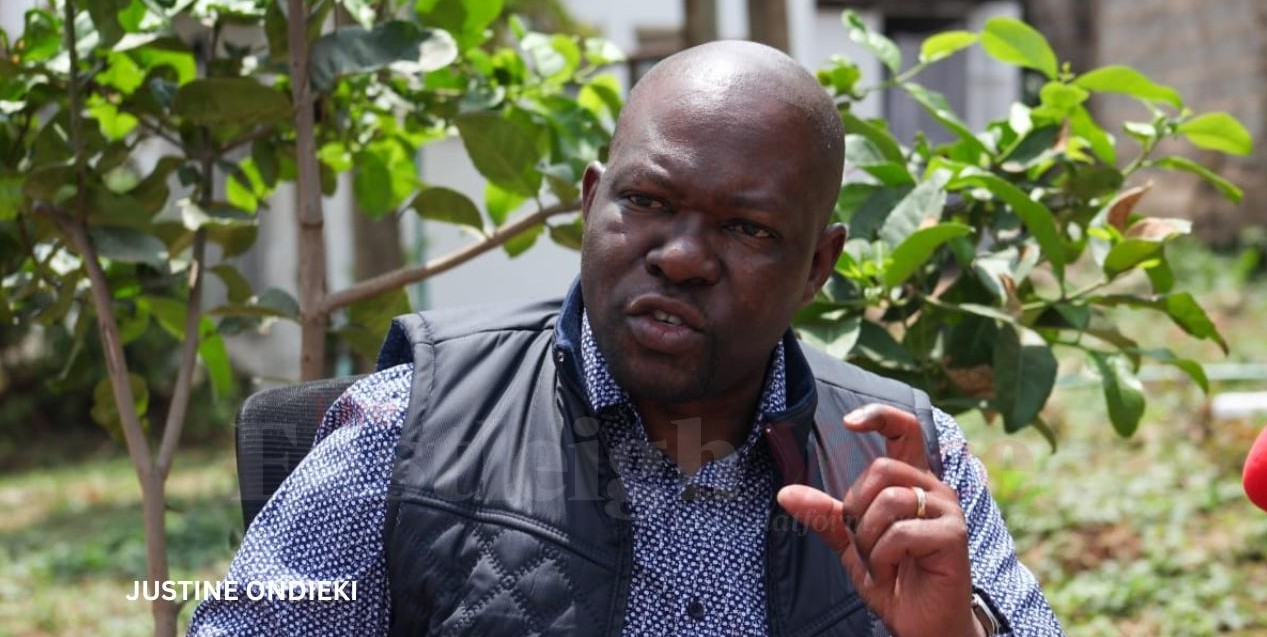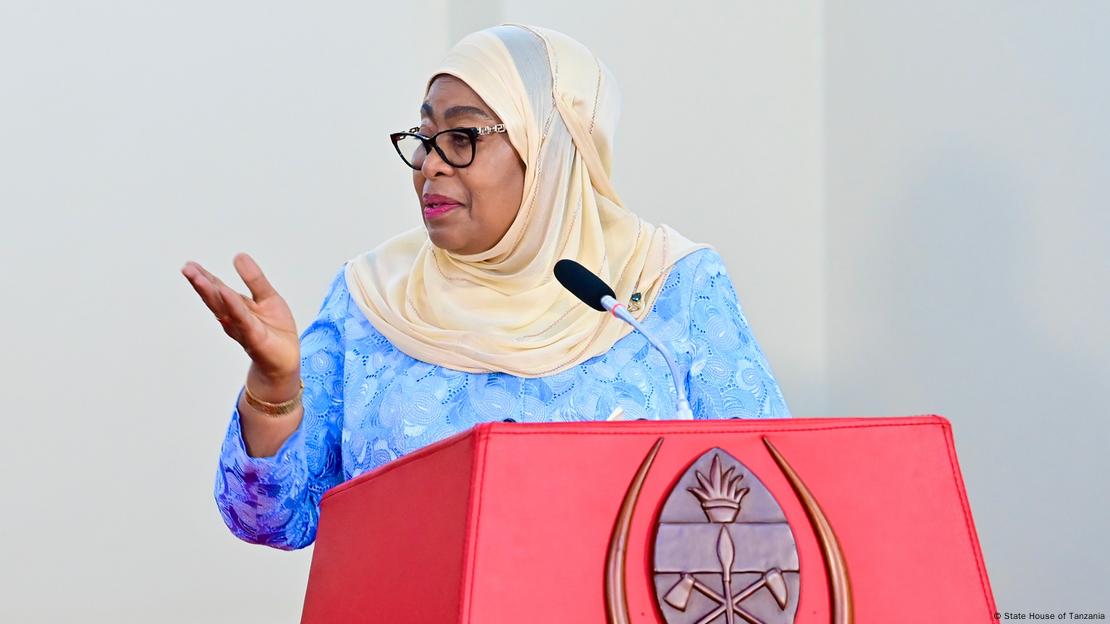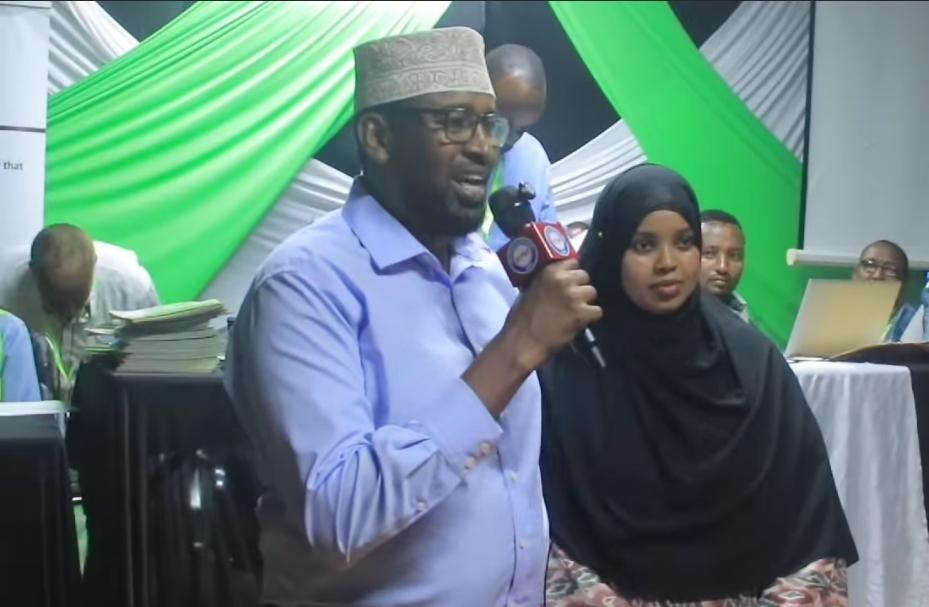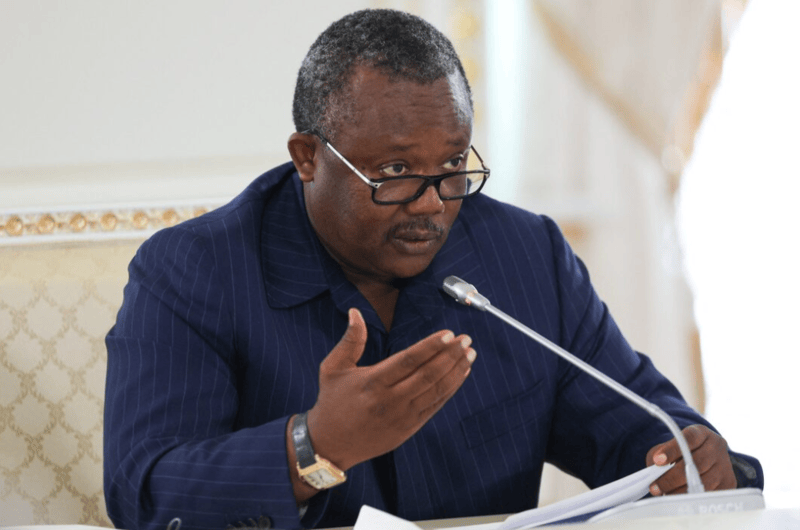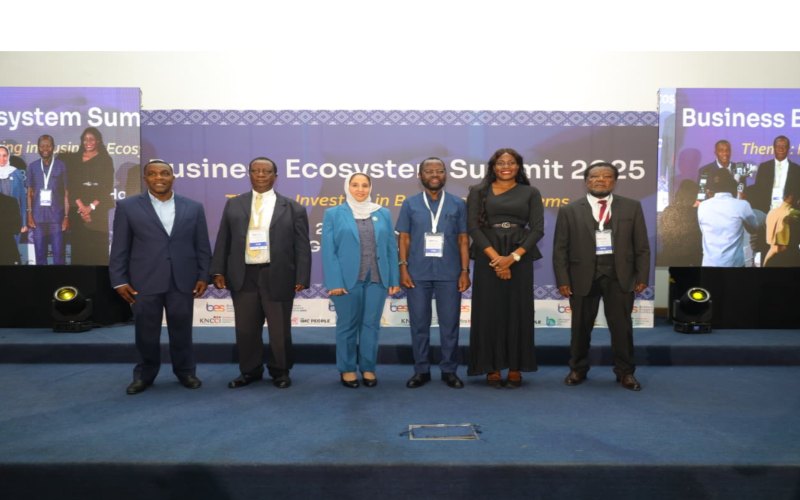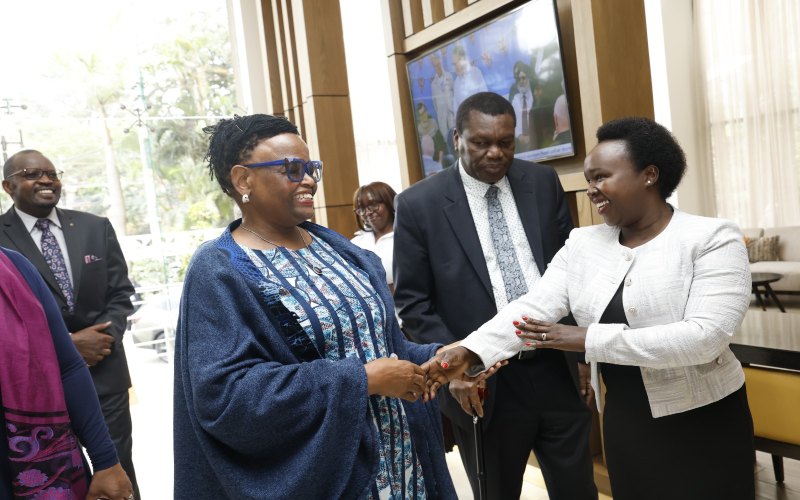ELOG flags electoral violence, ballot secrecy breaches in November 27 by-elections

ELOG urged the IEBC to enforce strict compliance with assisted voting procedures, take decisive action against breaches of ballot secrecy, and scale up voter education targeting registration, polling station identification, and voting processes.
The Elections Observation Group (ELOG) has raised concerns over multiple incidents during the November 27, 2025, by-elections, highlighting electoral violence, breaches of ballot secrecy, voter access challenges, and the presence of unauthorised individuals in polling stations.
In its preliminary statement released on Friday, the group said that while the elections were generally peaceful and transparent, several issues exposed “systemic vulnerabilities that must be urgently addressed ahead of the 2027 general election.”
More To Read
- ‘Manifesto-free campaigns will sink you,’ Ruto warns opposition after by-election wins
- 16 arrested over attack on Peter Kaluma during Kasipul by-election
- Harrison Kombe wins Magarini parliamentary seat with 17,909 votes
- Murkomen warns perpetrators of by-election violence will face action
- UDA's Ahmed Maalim Hassan wins Banisa by-election, succeeds late brother as MP
- Hassan Aden Kolosho reclaims Fafi Ward seat on Ford Kenya ticket
ELOG deployed 100 roving observers across 22 electoral areas, covering both rural and urban regions.
The team monitored critical stages of the polls, including opening, voting, closing, and counting - and submitted real-time reports using digital tools.
According to the report, 93.4 per cent of polling stations were rated as having good or very good conduct, but 6.6 per cent fell short, with gaps such as missing party agents, especially for independent candidates, and restricted access for some accredited observers.
Unauthorised individuals were present in 9.2 per cent of the stations, with notable cases in Machakos’ Mumbuni Ward and Nairobi’s Kariobangi North, where these individuals even assisted voters. “These situations undermine the integrity and control of the polling environment,” the report noted.
One of the most concerning findings was the violation of ballot secrecy, observed in 15.2 per cent of polling stations. In several instances, voters were seen taking photos of marked ballots before security officers and party agents intervened.
“These acts constitute clear violations of electoral law and raise concerns about coercion and vote-buying,” ELOG said.
Assisted voting was reported in 65.9 per cent of polling stations, but observers could not confirm adherence to the oath of secrecy in more than a quarter of these cases.
Voter access problems were widespread, with 42 per cent of stations turning voters away, mainly because they were at the wrong polling station, their names were missing from registers, or they lacked proper identification.
Instances of political unrest were also documented. At Kariobangi North Primary School, youth groups clashed over political differences, though voting was not directly disrupted. In Machakos, Labour Cabinet Secretary Alfred Mutua was chased from a polling station in Mumbuni Ward, and rival party supporters reportedly clashed at Mungala polling station.
ELOG flagged the influence of so-called “super agents”, high-profile politicians who lingered near polling stations even after casting their votes. Some of these individuals held media briefings close to polling centres, contributing to tension and commotion, raising concerns about neutrality and fairness.
In its recommendations, ELOG urged the IEBC to enforce strict compliance with assisted voting procedures, take decisive action against breaches of ballot secrecy, and scale up voter education targeting registration, polling station identification, and voting processes.
Political parties were also asked to respect polling station neutrality, discipline disruptive agents, and avoid interfering in the electoral process. The National Police Service was called on to expedite investigations into all violent incidents.
“Public confidence in the electoral process depends not only on institutions, but also on the conduct and responsibility of all citizens,” the statement emphasised. ELOG will continue monitoring the post-election environment and release a comprehensive report after result verification is complete.
Top Stories Today

